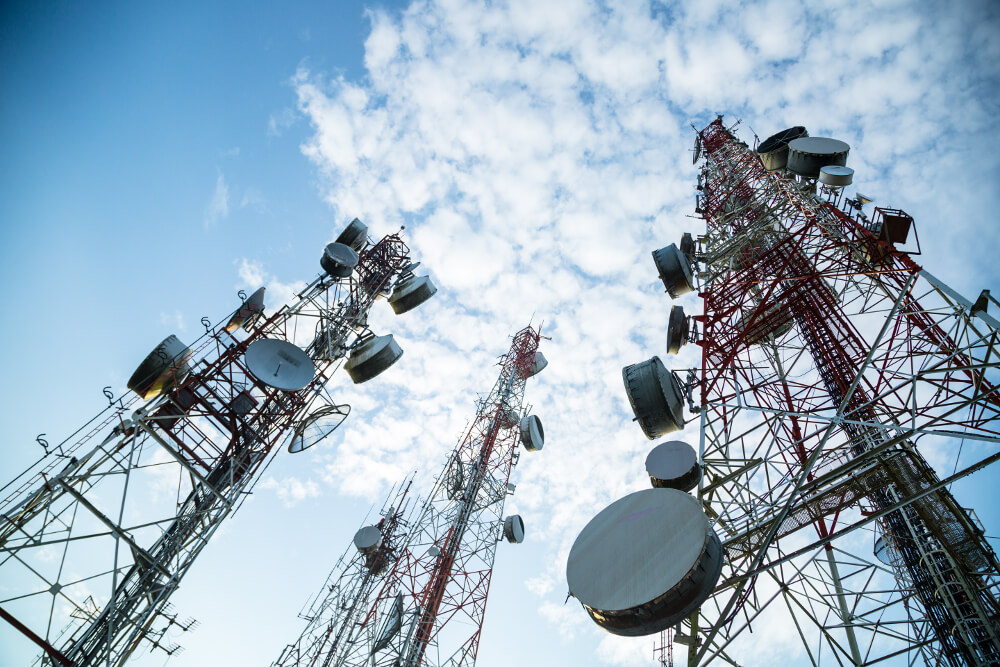Mobile services have been around in India for 20 years now. What they have done to the country is nothing less than transformational and their effect on India’s social and economic fabric is immeasurable. Their impact on personal living styles and family relationships is intense. And there is more to come! The Indian Telecom Sector is going to change and the future is going to be very different.
Some key trends to consider:
- As per data released by the telecom regulator, TRAI, India’s mobile phone subscriber base peaked to over 1 billion users by December 2015, making India the only country after China to achieve that milestone. (Source: The Indian Express)
- The Government of India plans to roll out free high-speed Wi-Fi in 2,500 cities and towns across the country over the next three years. The program entails an investment of up to Rs 7,000 crore (US$ 1.06 billion) and will be implemented by state-owned Bharat Sanchar Nigam Ltd (BSNL)
- Driven by strong adoption of data consumption on mobile devices, the total mobile services market revenue in India is expected to touch US$ 37 billion in 2017, with a CAGR of 5.2 per cent between 2014 and 2017, as per research firm IDC
- The broadband services user-base in India is expected to scale up to 250 million connections by 2017, as per GSMA
- International Data Corporation (IDC) predicts India to overtake the US as the second-largest smartphone market globally by 2017 and to maintain a high growth rate over the next few years, as people switch to smartphones and gradually upgrade to 4G
How will it affect the Indian Telecom Sector?
In between the above trends and stiff competition from the internet and hardware giants, the Telecom market has become more of a commodity. However, Telecom has connected the dots between these industries. With the subscriber base of WhatsApp, 500 million active subscriber bases, 700 million photos shared per day, has hit telecom industry really hard. This has been seen with the drop in SMS and MMS subscribers for all Telecom industries worldwide.
So, the million dollar question is ‘what will be the future of Telecom industry? On the basis of this question, we can anticipate future trends of the Telecom industry, some of which are as follows:
- Transformation from Core Telecom Services to Telecom Infrastructure Services
- Gradual End of voice carriers
- Enabled operator Portability
- Machine-to-Machine (M2M) Connections
- Mobile Money Markets
Summing it up, what is the next generation competency??
Data growth is the new trend. Hence, all internet traffic, whether it is data or voice, still will be consuming bandwidth. So, better the bandwidth, delivery of the content, more number of subscribers and so will be revenue. The next market will be on the reliability of bandwidth and its consumption pattern.
Telecom has always been the mother platform of all internet platforms. From their basis HTML/ Java to IOS, android, the internet will need a much better, reliable data transfer to reach out to the next generation user. The survival of IT key players from Facebook to Google+ will depend on how fast the connection can be made, ideas can be shared. So, the Telecom industry will move from service provider to infrastructure providers. Revenue patterns will change, so will marketing and sales patterns for the IT industry. Package bundling with a focus on data packets will attract customers in the future, along with the government’s favorable regulation policies. The 4G and 5G services hitting the market, the Indian telecommunication sector is expected to witness a fast growth in the next few years.









